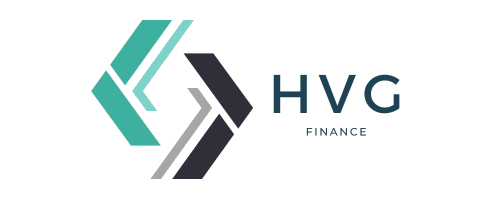In an era where plastic often trumps paper, credit cards have transformed the way we manage our finances. They offer convenience, security, and a plethora of rewards to savvy users. But without the right know-how, it’s easy to fall into costly traps. This article delves into the world of credit card hacks, unveiling top tips to not only maximize your rewards but also to sidestep the pitfalls that can harm your financial health. With these strategic insights, you’ll be equipped to turn every swipe, tap, or insert into a step toward better financial wellness.
Maximizing Credit Rewards
The allure of credit card rewards can be enticing, with offers of cashback, travel points, and other perks. To maximize these rewards, the first step is to choose a credit card that aligns with your spending habits and goals. Cards that offer higher rewards rates in categories where you spend the most, such as groceries, gas, or travel, can substantially boost your earnings. It’s important to compare the annual fee against the potential rewards to ensure the benefits outweigh the costs.
Another technique to amplify your reward potential is to take advantage of sign-up bonuses and limited-time offers. Many credit cards offer significant points, miles, or cashback rewards if you meet a minimum spending requirement within the first few months of opening the account. Planning larger purchases or consolidating your spending on one card can help you achieve these thresholds. However, it’s crucial to pay off the balance in full to avoid interest charges that could negate the value of the rewards.
Lastly, consider pairing cards to optimize rewards across various spending categories. Some savvy cardholders carry multiple cards, using each for purchases that earn the most points or cashback on that card. By strategically managing multiple cards, you can maximize rewards on every dollar spent. Remember to pay attention to the points’ expiration dates and redemption options to ensure you’re converting your rewards into tangible benefits effectively.
Avoiding Costly Card Mistakes
Credit cards, while potentially beneficial, can become a financial burden if not handled wisely. One of the most common mistakes is carrying a balance month to month, which accrues interest and can quickly inflate debt. To avoid this, make it a habit to pay your bill in full each statement period. This practice not only helps maintain a good credit score but also keeps you from paying extra in interest.
Another pitfall to watch out for is missing payments. Late payment fees and penalty interest rates can derail your budget and damage your credit score. Set up automated payments or calendar reminders to ensure you always pay on time. If you do miss a payment, act quickly: Many credit card issuers offer a one-time forgiveness for your first late payment if you reach out and discuss your situation.
It’s also essential to be mindful of the fine print, such as understanding the terms of balance transfers and cash advances. These features often come with high fees and interest rates that kick in immediately. Instead of using your credit card for cash advances, it’s better to maintain an emergency fund for unforeseen expenses. When considering a balance transfer to a card with a lower interest rate, calculate the transfer fee and ensure the math works out in your favor before proceeding.
Credit cards are a double-edged sword, offering the potential for rewards and convenience but also posing risks to your financial health if misused. By selecting the right card, capitalizing on rewards programs, and avoiding common mistakes, you can harness the full power of your credit cards. Remember, the key to credit card mastery lies in informed and disciplined use. Strive to stay educated on credit card best practices, and you’ll be well on your way to a more secure and prosperous financial future.
FAQ:
Q: Should I use my credit card for every purchase to maximize rewards?
A: While using your credit card for purchases can earn rewards, it’s important to spend within your means and pay off the balance in full each month. Overspending to earn rewards can lead to debt and negate the benefits of the rewards earned.
Q: Is it a good idea to have multiple credit cards?
A: Having multiple credit cards can be beneficial for maximizing rewards across different spending categories, but it requires careful management to avoid fees and high-interest debt. Ensure you can responsibly manage multiple accounts before adding new cards.
Q: How do sign-up bonuses work, and are they worth it?
A: Sign-up bonuses usually require you to spend a certain amount within the first few months of opening a new credit card to earn extra points, miles, or cashback. These bonuses can be very lucrative, but it’s important to meet the spending requirements without purchasing more than you would typically and to pay off the balance to avoid interest.
